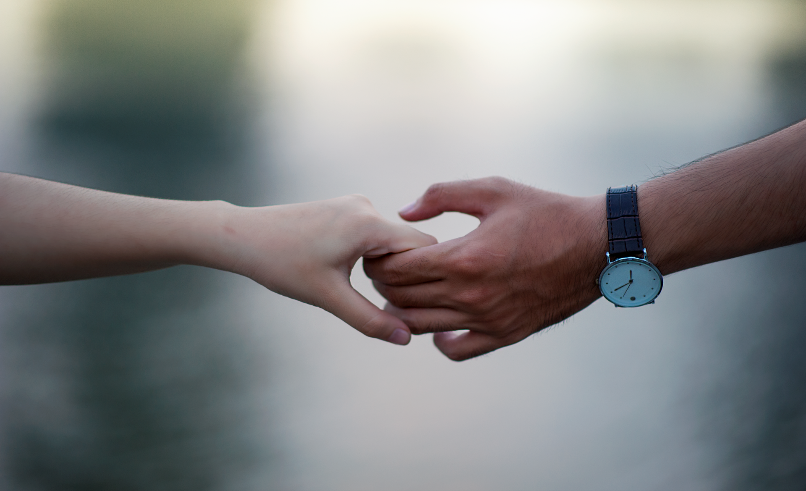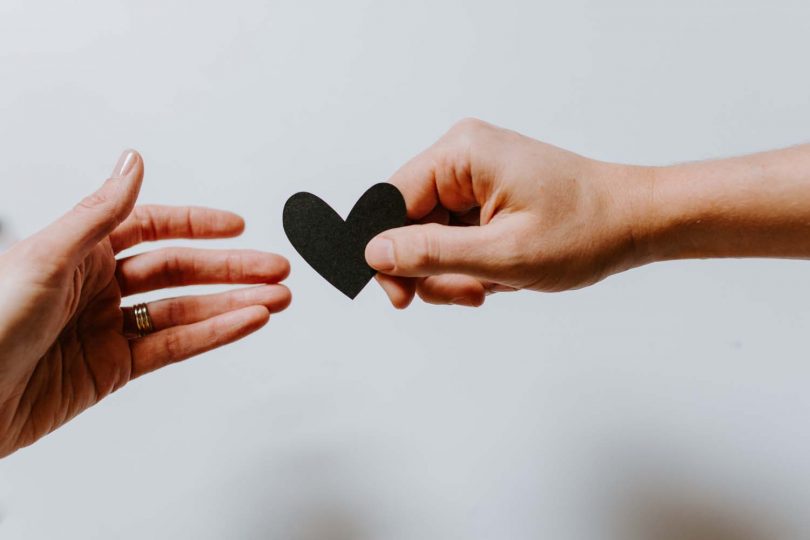We all have behavioural patterns that we follow in life. Ones that we have picked up during and since childhood that dictate the way that we see the world, the things that we choose to do and the outcomes based on our actions.
They cover all areas of your life, including your work, your social life and the one I will be talking a bit more about here – your intimate relationships.
From the moment we are conceived we begin our first relationship as we are influenced by the environment that our mother is living in. Whatever she experiences, in some way the new you, on your way into the world is impacted.
You have inherited genes that will in some way inform your personality and the way that you react to certain things in life, but the most dramatic impact is still yet to come. The way you ‘do’ relationships will be heavily influenced by the relationships you have as you enter the world as a new born baby.
From the very moment you are born, you are looking to connect to someone in order for you to feel safe, protected and loved.

As you go through childhood the way that relationships play out around you and more importantly how you start to see your role in them will determine how you form your own way of relating.
We all have needs as a child (and throughout our lives) and how these are met, or not met, will create your relational pattern.
If you are starved of affection, you are likely to do what you can to find it. How you do this will become hardwired over time and become your ‘go to’ way to gain affection.
If you are loved, cared for and supported then you will feel emotionally safe and create a secure or organised attachment with those caring for you and with yourself.
If not, you are going to develop an insecure or disorganised attachment with others and this will play out in your subconscious for the rest of your life, or until you recognise it and get the help you need to organise and give you the security you need.
As I grew up, I developed an avoidant attachment style. I didn’t trust that love and affection was permanent and my connections to my parents were short lived and volatile.
I decided that there must be something wrong with me and that if I was going to gain any form of affection then I needed to keep my parents happy. This was obviously a road to nowhere, as I wasn’t responsible for their happiness and they would be as they were going to be regardless of me and what I did.
Growing up with parents with their own unresolved issues led me to feel confused about my own value along with having a desire to fit in and not create a healthy sense of self.
As I got older, I continued to choose relationships where I always felt I had to give and received very little in return, being with people that just couldn’t be there for me. The more I did this, the more it became a subconscious action and so my relational pattern was set!
As mentioned, these types of patterns can occur in all areas of your life, based on the experiences you have.
It was only when I was writing my first book that I realised that I was indeed still following some of these patterns.
I had always chosen relationships where I had to chase affection but didn’t really want it as I wouldn’t know what to do with it if it was there and then would run from it when it was (avoidant). I needed to meet my need of not being good enough and my perception that deeper connection was unhealthy and unsafe (massively disorganised). My emotional ‘safe space’ was to be on my own, as it was when I was a child. And there was always an underlying tension and volatility.
When I met my wife (now separated), I thought I had changed my pattern, but it turns out I hadn’t. I had moved away from the need to please and the volatility, but had still chosen someone I didn’t need to connect to completely. Rather than the anxious avoidant types I had been attracted to in the past, she ended up being an avoidant like me… and gradually we just avoided each other enough and grew apart.

As we come out of, what we hope will be, our final lockdown, it is a good time to reflect on the health of your relationships. Are you with the right person now? Or do they trigger any of the things mentioned above?
Will the next person be the right person for you if you don’t explore your own relational styles or will you keep choosing people that trigger these problems?
I would suggest that you figure out your own pattern, your own attachment style, your own ‘safe space’ and then decide if they serve you any positive purpose. If not then put things in place that allow you to experience the connection that you craved for when you first entered this world, creating something secure, organised and deeply connected.
Be good to yourself.
Featured Image by Kelly Sikkema on Unsplash




Leave a Comment